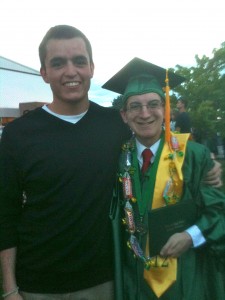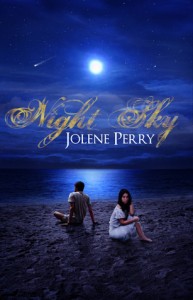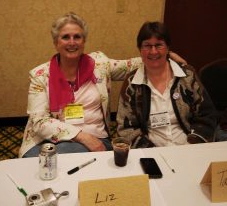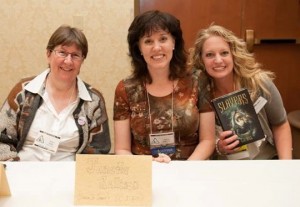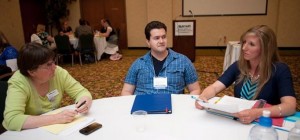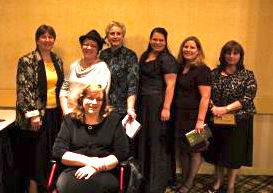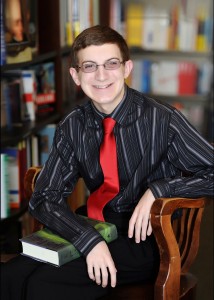Present word count of WIP: 57, 414
Strangely enough, Jason’s elementary and secondary education were both marked by newspaper coverage.
The first was The Press-Enterprise newspaper back in Riverside (a decade before they had an online version), when he attended Sunshine Early Childhood Center:
The latest was his inclusion by the online edition of The Tri-City Herald in their slide show of Richland High School’s graduation ceremonies. It’s one of my favorite pictures of him because he is simply beaming!
Now, he begins the next phase of his education as he transitions into adulthood.
First, this past Sunday he was sustained by the general membership of our stake (equivalent to a Catholic diocese in our church) to receive the higher priesthood and be set apart as an Elder. The actual ordination will probably take place in early July before his sister leaves on her mission. This will help him prepare to serve a mission in our church soon after he turns 19 in December.
In the meantime, however, he plans on beginning college studies in the fall. BYU-Idaho offers a new online program, by which those with learning/social disabilities like Jason can learn the social and study skills they will need to succeed in college courses. Called the Pathway Program, it offers weekly skill-building meetings at the local LDS Church Institute and some college prep courses. Once he is accepted into the program and has completed three semesters satisfactorily, he can be enrolled online with BYU-Idaho to pursue the degree of his choice.
He meets for his entry interview tonight, forty-five minutes from now. I promise to add an update, detailing how the meeting went (or as much as I can get out of him about it, anyway). Wish him luck!
If all goes well, he’ll begin attending Institute next week and then the Pathway courses will begin in September. The terrific thing is that I believe he’ll be able to continue his studies while he’s serving a local service mission for the Church beginning in January!
Now, if we can only figure out how to occupy his time this summer, besides helping him try to find a job. I have a few plans, but I’ll write more about them in a couple of weeks when I next post about Jason.
In any case, I’m looking forward to my son’s educational achievements in the future. Perhaps he’ll even make the newspaper again!
Originally posted 2012-06-15 06:00:10.






